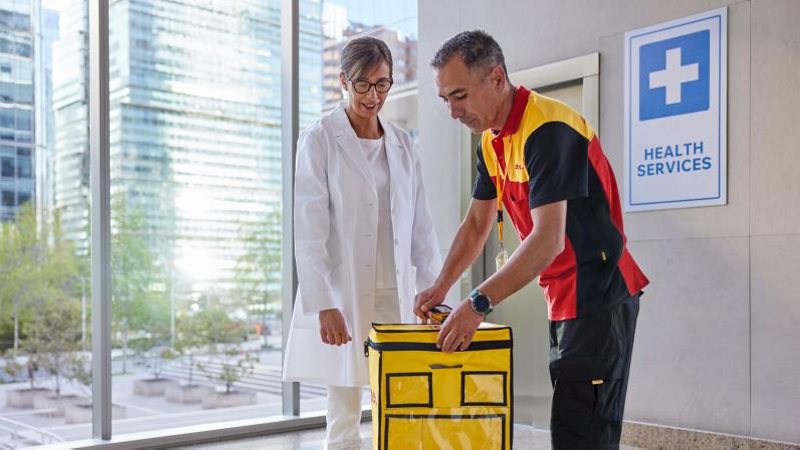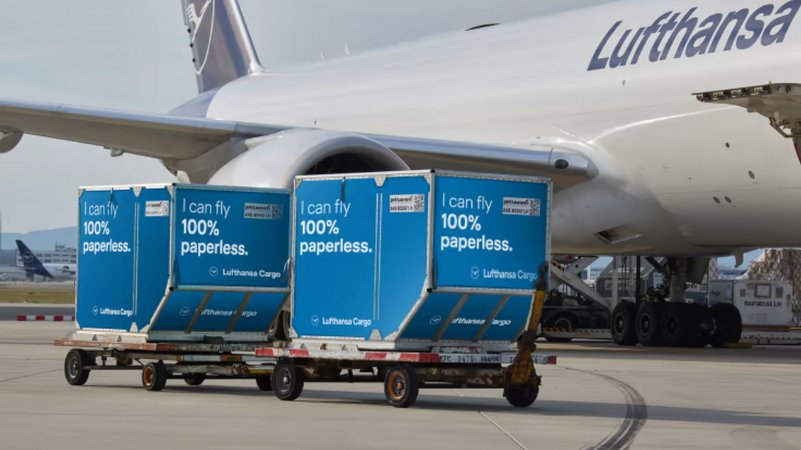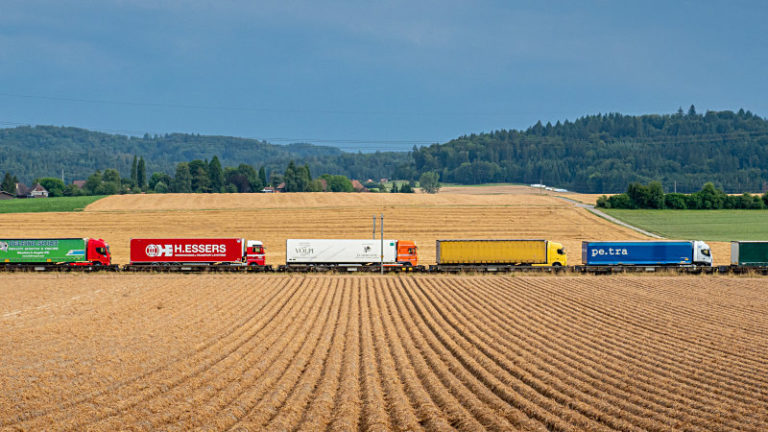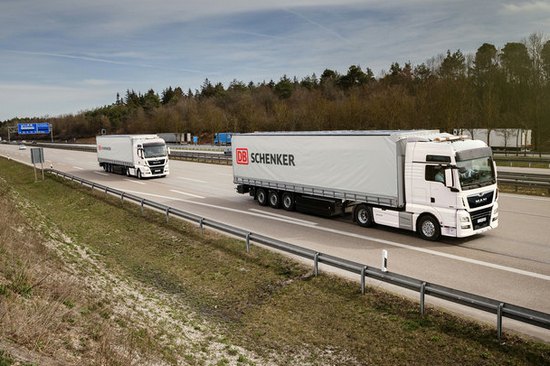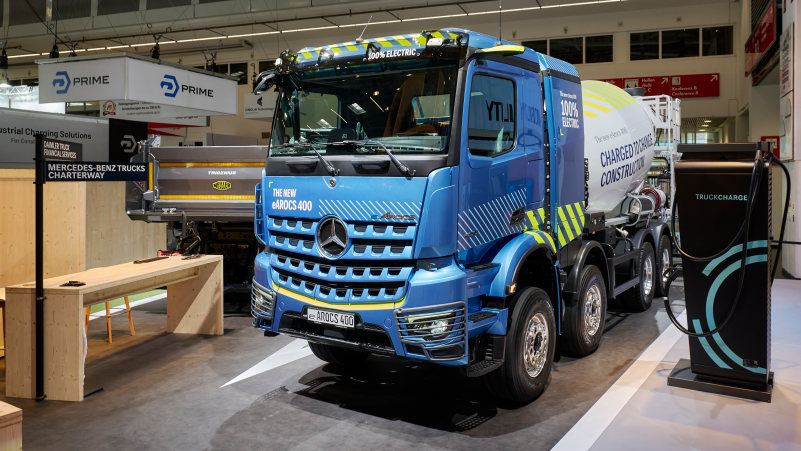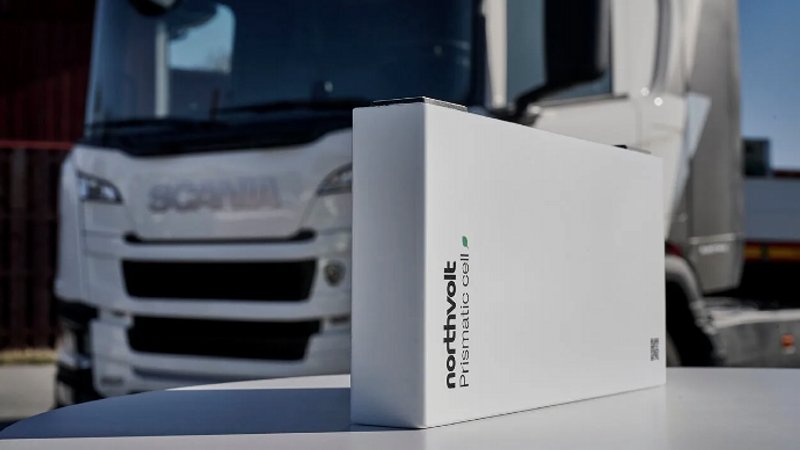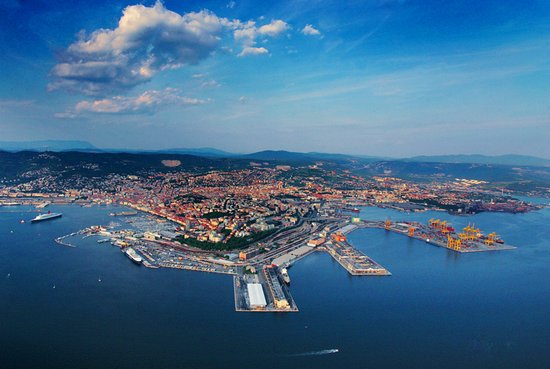In the editorial of UIRR's newsletter published on August 14, 2024, the association's General Director, Ralf-Charley Schultze, noted that the second quarter of 2024 saw a 4.25% increase in rail intermodal transport performance. This comes after a period of disruptions that had severely impacted the sector in previous months. The improvement has been met with moderate optimism by industry operators, though it is clear that the sector is not yet out of danger. New challenges are on the horizon, with significant infrastructure work likely to cause further disruptions during the summer months. Among the most at-risk routes are the Simplon line, the Passau section, the Rhine Valley, the Sofia-Nis stretch, and some areas of Budapest.
Rail transport operators maintain a cautious stance, with their sentiment described as "neutral." Schultze explains that this assessment reflects an awareness of the difficulties ahead for the sector, but also a degree of confidence in the ability to manage the anticipated infrastructure disruptions. However, it is evident that poor coordination of these works could easily undermine the quantity and quality of services in various regions of Europe.
Complicating the situation further are concerns related to the ongoing war and economic growth: geopolitical tensions and economic uncertainties continue to weigh on the sector's outlook, making coordinated intervention by political and regulatory authorities even more critical. Despite these challenges, the intermodal transport community has continued to invest in new transport capacities and terminals, as well as in digital solutions aimed at enhancing the sector's competitiveness.
The editorial adds that investments in innovation and capacity represent a clear demonstration of confidence by operators, who see intermodality as a key element for the future of logistics in Europe. However, to turn this confidence into concrete development, greater support from policymakers is necessary. The role of institutions is crucial in strengthening business confidence and ensuring that rail intermodal transport can continue to develop as a highly efficient and competitive service.
Schultze emphasizes the central role of Combined Transport in the reindustrialization of Europe. However, to fully realize this potential, a coordinated and proactive approach is essential, one that can successfully address the infrastructural and geopolitical challenges the sector will inevitably face in the coming months.





